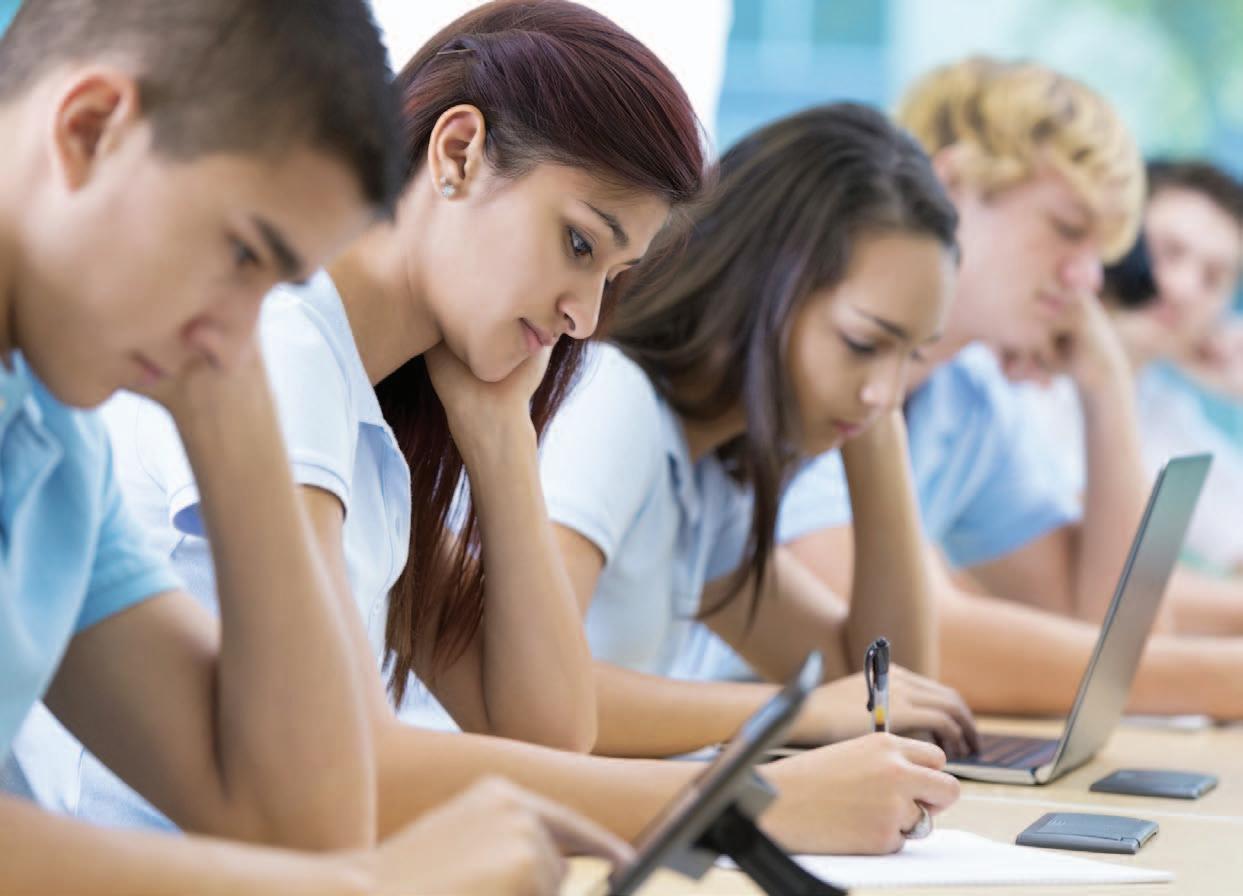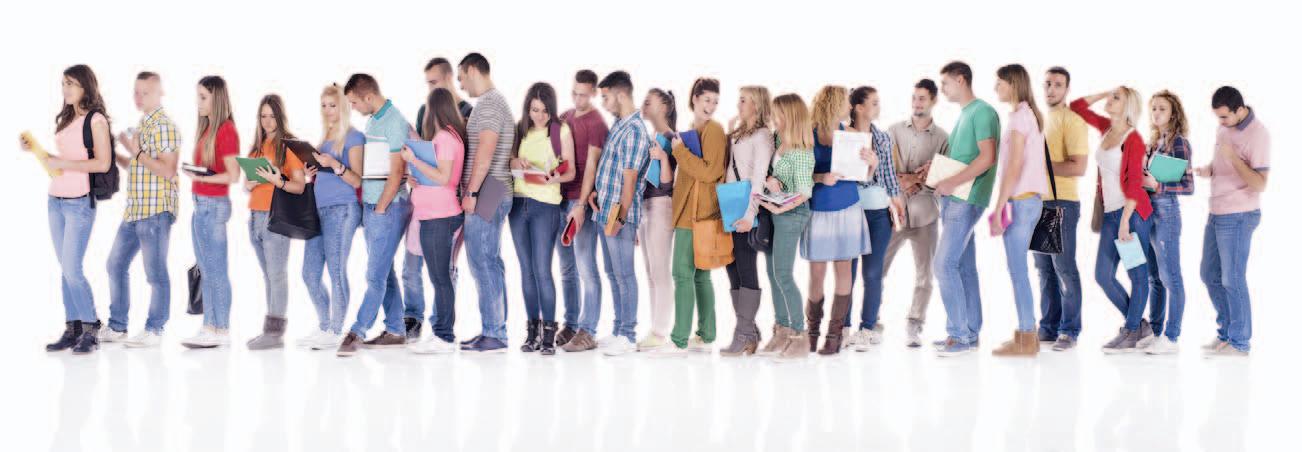Fifth column
Random acts of unprovoked kindness E T Ranger wonders if there’s room for any ‘unmeasurables’ in a performance culture The other day a young woman friend – well, certainly a generation younger than me – remarked that she had recently become aware as never before of kindness. At school, at university, in about 20 years working in media-related jobs, she had never encountered kindness as a significant factor in her daily life. Only lately, in a new benign relationship, and working with enthusiastic wholehearted professionals, had she become aware of the power of kindness. Is it just me? Is it just her? Where have you seen ‘kindness’ on a checklist recently? How can we put kindness into the curriculum? In the seemingly relentless drive towards measurement of performance we tend only to perform what is measurable. There is potentially a checklist that we can assemble to ensure the proper performance of education, and to measure it on a comparative, competitive scale. But kindness is a gift; where can we find room for the spontaneous feature in our agenda? That word in the International Baccalaureate Learner Profile, ‘Caring’, might be the location, but it has overtones of duty, or – from the viewpoint of those who are cared for – of rights. Our attention has become fixed on rights; things we feel entitled to demand, things which are catalogued in an allegedly Universal Declaration. In our rush to develop international standards for a ‘world class’ education we have constructed models and measures which narrowly specify what is currently expected in our sector of the world. This prescribes how we expect our clientele to emerge from our mould, never mind their ever-growing diversity. In the campaign to standardise humanity there is no room for the random. But kindness itself is not an act to be done, inspected and ticked; it is an attitude which occasionally emerges and brings a warmth between two people which reminds us of the joys of being human. It is a surprise, to be found in that arena in which we are not being judged but are free to give and to receive, voluntarily. It can happen at any time, in any place. Coincidentally I mentioned the remark a few days later to a cousin whom I know well. ‘That’s funny’, she said, ‘my mother said just the same when she was widowed. The kindness of neighbours made such a difference to her life’. I feel sure that many schools have considered such issues, and I wonder how they have dealt with them. Has the formal curriculum absorbed the informal? Is there any room in the day or the week that hasn’t been claimed by activities, ambitions, competition? There are many factors in the lives of our families, perhaps most notably the mothers’ reasonable expectation of a career, which impose a tight framework on the family schedule, squeezing out whatever is not visibly rewarding. Yet we bring to our conferences Spring
Autumn |
| 2016
motivational speakers, and pay them large sums to tell us of the inspirational experiences that have happened to them way outside of any curriculum. Why? Should we be inspired to hear that schooling should be taken with a pinch of salt, and that what matters in our later lives comes regardless of formal education? The question was put by Plato, and by many since: What should schools do? We glibly claim that child-raising is a process of opening doors and inspiring questions, but the truth is that the core agenda is dictated. We design a curriculum, we teach subjects, we pass on a proper canon of knowledge, and we examine what has been retained of this essential grounding. Where does quality come in? How have others risen to the challenge of making ‘giving’ something more than just another tick box? I suspect that the answer lies not in what we teach, but in what we model. How do we react in front of students to modern dilemmas, such as democracy meaning that wealthy companies can invest in election candidates, or national loyalty meaning that past immigrants are valued above future ones, or our prosperous community’s love of nature taking priority over another community’s right to grow food for their family? We have a full-time job explaining the paradoxes of our complex world, and it may be that the greatest teaching aid is ourselves – what we live out in front of the children. Is this the opportunity in the school day for displaying creativity, humanity, and kindness?
Should we be inspired to hear that schooling should be taken with a pinch of salt, and that what matters in our later lives comes regardless of formal education?
61























